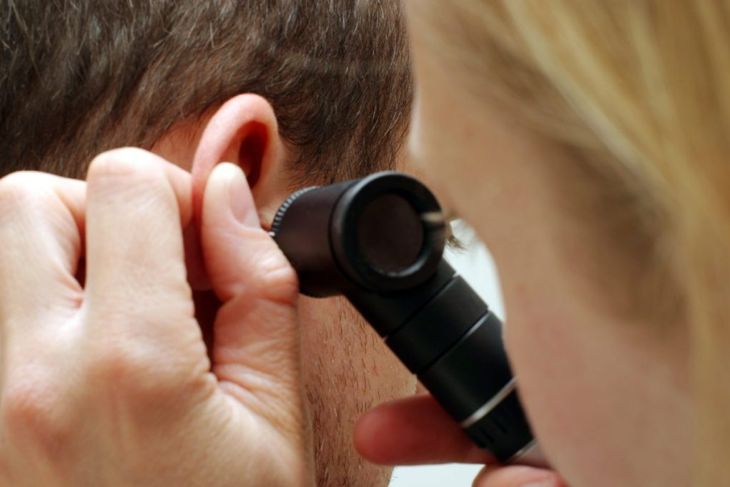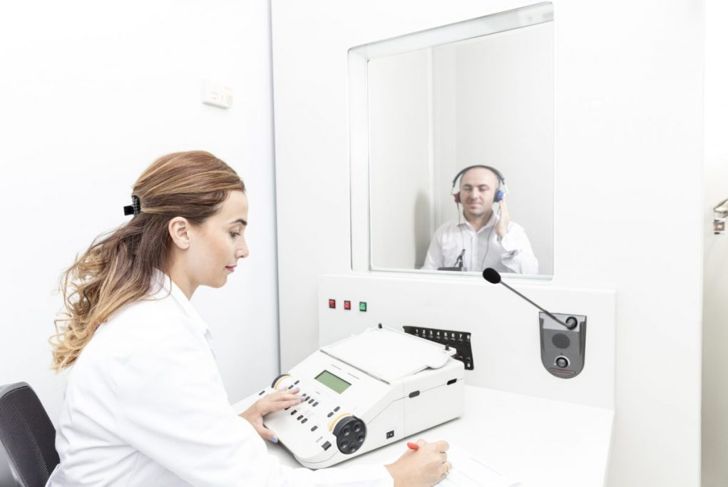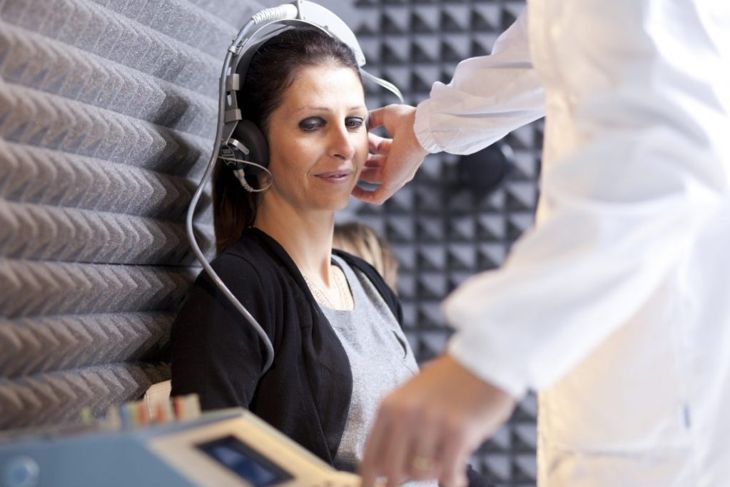The inner ear has many responsibilities, though it is primarily responsible for hearing and balance. Meniere’s disease affects the inner ear and its functions. Vertigo, a sense of whirling or spinning, and tinnitus are among the more common symptoms. The disease is chronic, and the symptoms come in waves or episodes. A person with Meniere’s disease may experience infrequent episodes, or they may have many attacks over several days. Currently, physicians cannot confirm a cause, and there is no cure. However, there are treatments for the symptoms of Meniere’s disease.
Causes
Though researchers have not identified a cause, they do have some prevailing theories which include a combination of genetic and environmental factors. Some theories consider viral infections or autoimmune diseases as precursors. Meniere’s disease could also be the result of allergies or constrictions in blood vessels. Many studies support the idea that the symptoms of Meniere’s disease occur because fluid builds up in the tubes of the membranous labyrinth in the inner ear.
Symptoms
A person with Meniere’s disease may exhibit a variety of symptoms. Usually, Meniere’s disease affects only a single ear, so the symptoms are specific to that side. Tinnitus is a ringing sound or sensation and is one of the most common symptoms of Meniere’s disease. The affected ear may also develop a total or partial hearing loss. In some cases, a person may experience aural fullness, a feeling that the ear is under pressure, full, or plugged in some way.
Balance and Other Symptoms
Because Meniere’s disease affects the inner ear, some of the symptoms can affect the body as a whole. Vertigo attacks lasting anywhere from several minutes to 24 hours are typical of Meniere’s disease. These attacks feature a sense of spinning or whirling and often affect balance. If the vertigo is severe or lasts for an extended period of time, people can experience nausea, vomiting, and sweating. They may also develop frequent headaches. It is possible for two or more symptoms to occur simultaneously.
Definite vs. Probable Meniere’s Disease
Typically, physicians divide diagnosis into two categories: definite and probable. Both categories require two or more spontaneous episodes lasting between 20 minutes to 12 hours. For a diagnosis of definite Meniere’s disease, a hearing test should show low to medium-frequency hearing loss. Both categories require the patient to have experienced hearing loss, tinnitus, or a feeling of aural fullness prior to testing. Finally, there should be no other disease or disorder that would be a more accurate diagnosis.
Testing for Meniere’s Disease
Usually, doctors first perform a hearing test. The patient wears headphones and listens for a variety of pitches at different volumes. Then, the patient will alert the technician whenever they cannot hear something. This allows the technician to determine if the patient is experiencing a loss of hearing. The test may also include listening for differences between similar sounds. A balance test such as an electronystagmography is also useful. During this test, the technician places electrodes around the patient’s eyes. Then, they insert hot and cold water into the patient’s ears. The electrodes track involuntary eye movements and determine if something is affecting the patient’s balance.
Medications
There is no cure for Meniere’s disease, and most treatments focus on managing the symptoms. Medications are useful for reducing nausea and anxiety that result from episodes of vertigo. Some physicians report that medications meant for controlling allergies are effective at reducing symptoms of Meniere’s disease. Many doctors prescribe diuretics to reduce fluid buildup in the affected ear. Studies show this helps prevent dizziness, but the hearing loss still occurs. Unfortunately, over long periods, all medications fail at preventing Meniere’s disease from progressing.
Lifestyle Changes
Along with medications, medical experts recommend certain lifestyle adjustments. For example, many doctors tell patients with Meniere’s disease to reduce their salt intake. However, there is not enough research to confirm the effectiveness of this treatment. Some physicians advise people to avoid certain “migraine triggers” because Meniere’s disease shares many symptoms with migraine-related conditions. These triggers include caffeine, extreme lifestyle changes, and stress. Unfortunately, most experts view this as an optimistic treatment method as there is little evidence to support it.
Physical Therapy and Counseling
Because most other non-surgical treatment methods are unproven or temporary, some experts prescribe physical therapy and counseling. Meniere’s disease dramatically hampers balance over time. Physical therapy can help train the brain to account for the fluctuations. Counseling can help alleviate the anxiety and distress a person typically feels during episodes of vertigo. Sessions may include learning about the disease and adopting relaxation techniques for moments of stress.
Surgery
Individuals with Meniere’s disease experiencing intense attacks may not show any improvements with non-surgical forms of treatment. In this case, certain surgeries may be necessary. The most common surgery for treating Meniere’s disease involves reducing fluid buildup in the ear by decompressing the endolymphatic sac. Evidence shows this can help reduce dizziness. Some reviews suggest his evidence isn’t entirely accurate as the trials did not provide a placebo control, meaning that the effects could be entirely psychological rather than physiological.
The Future
A person with Meniere’s disease can experience symptoms for between five and 15 years. Many individuals experience spontaneous remission and their symptoms cease. Around 30 percent of people with Meniere’s disease in one ear will eventually develop the disease in their other ear, as well as a worsening or increase in the number of symptoms. Without a cure, many people still live normal lives by treating the symptoms of Meniere’s disease. With treatment, the majority of the symptoms are more irritating than debilitating, unless the episodes are severe.

 Home
Home Health
Health Diet & Nutrition
Diet & Nutrition Living Well
Living Well More
More




















